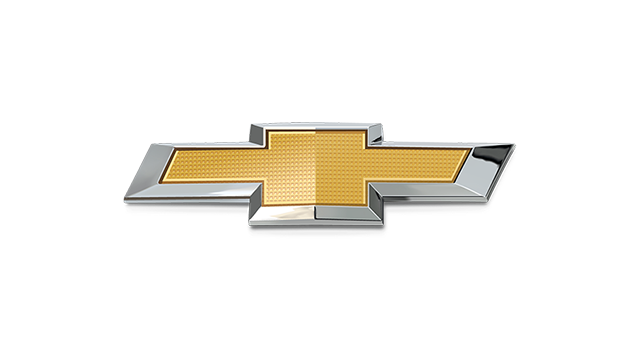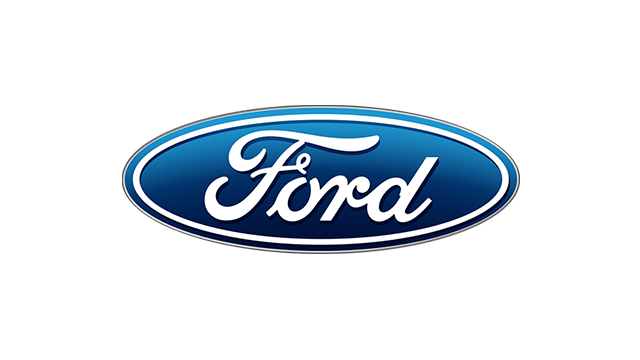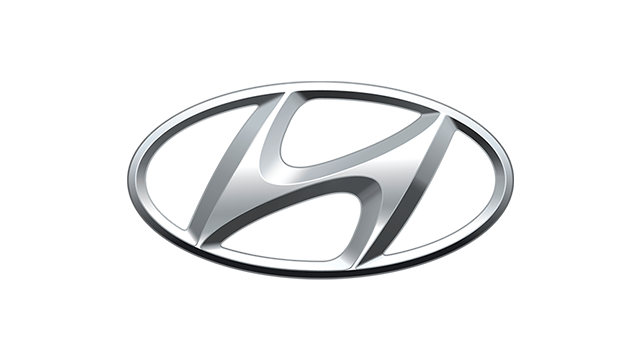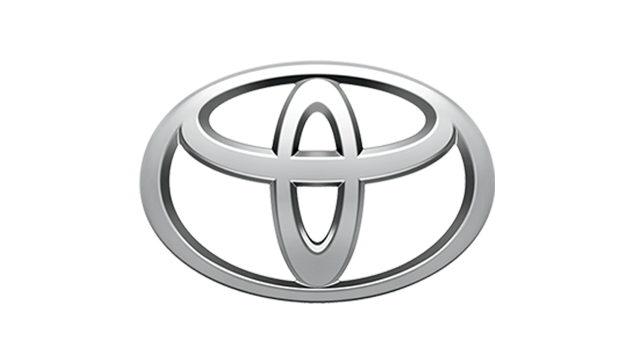
I am about to buy a new car, but I don't know much about car ownership. My parents don't own a car and they don't even know how to drive. I search everything on the Internet, but I can't seem to get the right answers.
Here are my questions:
* What other fees should one pay when buying a car? Are there hidden charges that I can avoid when I purchase a car?
* Is it better to buy a car through financing or pay it in cash?
* Lastly, what should I pay attention to when I finally get the car? Are there regular (monthly or yearly) payments for maintenance and insurance? I know there are a lot, but I don't know all of them.
By the way, the car I want to buy is the Toyota Vios. Perhaps you can share your knowledge. Thank you for taking your time reading this.
Thank you very much.
Freezy
Freezy, owning a car is indeed a complicated decision at times, but it can be made easy. To give you a basic rundown on what you should be aware of, here's a simple list that you should ask your sales representative when buying a car.
1. The vehicle's price. A particular car model will have a number of variants based on the engine displacement or size, and the type of transmission. In the case of the Toyota Innova, for example, there are 12 different variants. Some will have the same engine/transmission combinations, but some will have more basic interior creature comforts than others (i.e., power windows and mirrors versus manual windows and mirrors).
Tip: Pick the highest-spec variant that you can afford. You will be glad later that you did.
(Read: 10 things you need to know before you buy a car)
2. Cash or financing? Deciding between paying the full amount in cash up front or financing the car anywhere between one to five years will also determine how much of a discount you can get from your vehicle. Nowadays, most car dealerships opt to give a bigger cash discount on the down payment rather than paying in full up front. Sounds counterintuitive, right? The reason is that dealerships also share in the interest income you will pay the financing company (in this case, the bank that will help you finance your car), which means their future cash flow is assured for the next few years depending on how long you will finance your car.
Toyota dealerships are the most notorious for this: Buy a hot-selling vehicle with limited stocks from them like a Camry or 86, and they will subtly imply that if you don't purchase one via financing and prefer to pay cash, you won't immediately be given a unit and will most likely have to wait a few months to get one. It has happened to me so many times already.
Tip: Shop around for the best financing deal. Your bank (where you put in your savings or where you do the most transactions) will be a good place to start; the in-house financing that car dealerships offer usually will have the least favorable rate. Recently, I helped my brother buy a car and we shopped around three banks: BPI, BDO and Maybank, plus the in-house financing tie-up of the dealership with another bank. Of the four options, Maybank gave the best and lowest price, with his monthly amortization a whopping P3,000 cheaper than the most expensive financing option. Over a period of three years (my brother's financing period), he would have saved over P108,000. But indeed, buying cash on the spot will still be the least expensive option.
(Read: Car financing 101: Breaking it down to the last peso)
3. Freebies. Ask for the freebies included with the car purchase. Typically, these can include (but are not limited to) the following (with a value attached to them for reference):
* free three-year LTO registration (anywhere from P12,000 to P36,000, depending on the vehicle's classification). As a local law, new cars registered for the first time and bought from a local dealership will have an automatic three-year LTO registration. After three years, you will have to renew every year;
* free one-year comprehensive insurance (roughly 5% or less of the vehicle's listed or principal amount);
* free window tint (anywhere from P5,000 to P40,000, depending on the window tint brand and the size of the vehicle);
* free under-chassis rustproofing (P5,000 to P10,000, depending on the size of the car); and
* free interior cabin matting
These are the typical freebie items you will get from most car dealerships. But this is not something imputed into the cost of the car; rather, it's something dealerships throw in for free to sweeten the deal.
Tip: Ask for these freebies, but don't expect them. Usually, this can be where dealerships add some hidden costs, asking you to pay for everything listed above. Clarify these items clearly and carefully.
On the subject of insurance, local laws dictate that you insure your vehicle comprehensively if you finance the payment through a bank. This is to ensure that in the event of an accident, you can get a replacement vehicle paid for by the insurance company, or get your car repaired with the insurance company handling it. This allows you to continue paying the bank what you owe them; or without the bank itself forking out more money to replace or repair your car; or for the bank to be able to recover something if your payments go bad or you allow yourself to lose the vehicle.
If you will finance your car for a period of five years, you need comprehensive insurance coverage for the entire five years. Don't worry, though: For every year your vehicle depreciates, your principal amount also decreases. Once your vehicle's insurance coverage expires after one year of coverage, shop around for the best deals, and always ask for Acts of God/Nature coverage to be included as well. After three major flooding incidents in Metro Manila in the last four years, you can never be too sure of our own vehicle's safety.
Mazda, in particular, offer as standard in all their cars what they call Yojin 3, a comprehensive three-year preventive maintenance program. For the next three years after you purchase the vehicle, all standard servicing costs (both parts and labor) will be free so long as the service work is performed at an authorized Mazda dealership. This includes basic fluid changes (oil, brake, clutch and transmission), basic filter changes (air, oil, air-conditioning and fuel), and basic spare parts (spark plugs, belts, etc.). Drop by your Mazda dealership to check this out.
(Read: Ask the Industry: Fortune General Insurance's Michael Rellosa)
4. Warranty. This is something you should really consult with your sales representative. Warranty means that the car company will insure that the vehicle and the majority of its component systems (suspension system, engine and transmission systems, or electronics systems) will last for a minimum of X number of years or X amount of mileage, whichever comes first. Some car companies give a warranty coverage of three years or 36,000km, three years or 50,000km, or five years or 100,000km.
But there is a big caveat here: You should religiously stick to the preventive maintenance schedule, and have the servicing done exclusively at an authorized dealership during the warranty period. Failure to do so will revoke your warranty coverage. Many people ask how or why this is so. The simple answer is that you agreed to it. By signing the vehicle's deed of sale (which is a legally binding contract in itself according to our resident lawyer, Robby Consunji), you agree to the warranty coverage, which means you also agree to the vehicle's service schedule mandated by the car's manufacturer, which will be carried out by its dealership network.
However, some items are not included in the warranty, or they have a separate warranty you can claim from the suppliers of these parts. These include, but are not limited to, the following:
* audio/multimedia/GPS system;
* tires;
* car's battery;
* brake pads and brake discs; and
* other accessories that the dealership threw in for free but were also installed by the dealership and not by the factory
Accessories are not covered by the primary warranty because they are not installed by the car manufacturer at the factory. These can include, but are not limited to, the following:
* aftermarket horns
* reverse cameras and sensors
* aftermarket HID lights
* alloy wheels and tires
* roof racks and carriers
The brake parts, tires and batteries are considered wear-and-tear items with a service life that varies greatly upon use. Hence, it is difficult to determine how long these items will last.
(Read: 10 tips for ensuring the longevity of your beloved car)
5. After-sales servicing. Assuming everything goes well with your new-car purchase, you will have to continually spend on it to keep it running in tip-top shape. Here are some of them:
* preventive maintenance - Typically, you'll spend a few thousand pesos here every six months or after 10,000km at the minimum. Consult your vehicle owner's warranty handbook to see the schedule and you will get a better idea of the cost involved. For a Toyota Vios, expect to spend roughly P3,500 on the average for every light servicing. For a Mitsubishi Montero Sport or Strada, you're looking at P8,000 more or less for every service, which assumes that you will be using fully synthetic engine oil exclusively.
* insurance - If you buy your car via financing, you will need comprehensive insurance coverage throughout your vehicle's financing period. You renew this insurance coverage annually.
* major components replacement and servicing - Typically, you will need to replace the battery every two to three years, and the tires after a maximum of five years. Some major electrical components might show wear in five years, such as the engine starter, the alternator and the A/C compressor. The A/C system itself will need to be serviced and recharged with Freon.
Lastly, it would serve you well to do these:
* Test-drive all the cars you are considering on your short list.
* Join a car club to get guidance and some feedback as well as support for any car-related issues you might have.
* Don't be afraid to ask around. Better to sound stupid in the beginning and learn from it, rather than act smart and end up doing something you might regret for a very long time.
I hope this helps. Good luck and God bless!
Botchi Santos
Consumer Editor
Do you want Botchi to help you pick the right car? Send your inquiry to topgear@summitmedia.com.ph.
Artwork by Lloyd de Guzman
